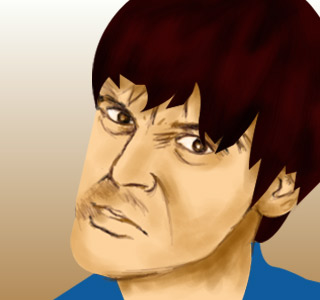
Tourette syndrome is said to be a disorder which is characterized by sudden, involuntary movements or repetitive vocalizations. We had even covered another news report which had highlighted the potential co-existence of Tourette syndrome with another disorder known as attention deficit hyperactivity disorder or ADHD. Getting back to the present study, the experts have stated that children or adolescents suffering from Tourette syndrome should also be assessed for the presence of any disruptive behavior problems. This is said to be the first study of its kind to have evaluated the positive effects of undergoing anger control training by adolescent patients suffering from Tourette syndrome.
Lead author of the study, Denis Sukhodolsky, associate research scientist, Yale Child Study Center, says that, “In some cases, these disruptive behavior problems can cause more impairment than tics. If disruptive behavior is present, cognitive behavioral interventions such as anger control training could be recommended to reduce the levels of aggression.”
For the purpose of the study, more than 25 youngsters suffering with this syndrome were analyzed. These subjects were stated to suffer with moderate to severe levels of oppositional and defiant behavior. All these subjects were randomly categorized into two groups, where one group would seemingly receive anger management sessions and the other group would receive their routine treatment. The subjects in the first group were said to have received 10 anger management sessions, while the latter group apparently received their usual treatment for a period of 10 weeks.
Post their treatment a significant change was noticed in the subjects who had undergone sessions for anger management. A 52% decrease was seemingly noticed in the disruptive behavior of the subjects of this group; in comparison to the 11% decrease in the subjects of the latter group.
The study investigators have stated that a three month follow-up revealed that their improvement was maintained for this period of time. Having said this, they have also stated that a deeper analysis needs to be conducted in order to verify these findings.
The study findings have been presented in the Journal of the American Academy of Child and Adolescent Psychiatry.
